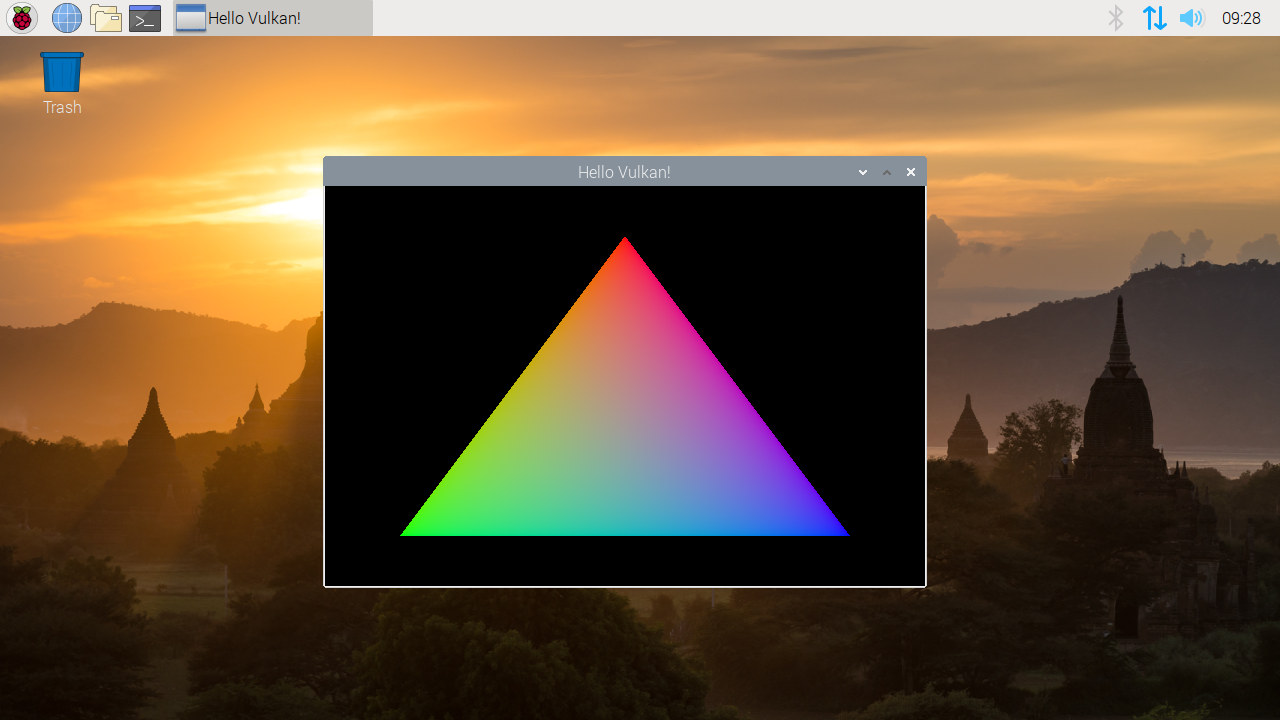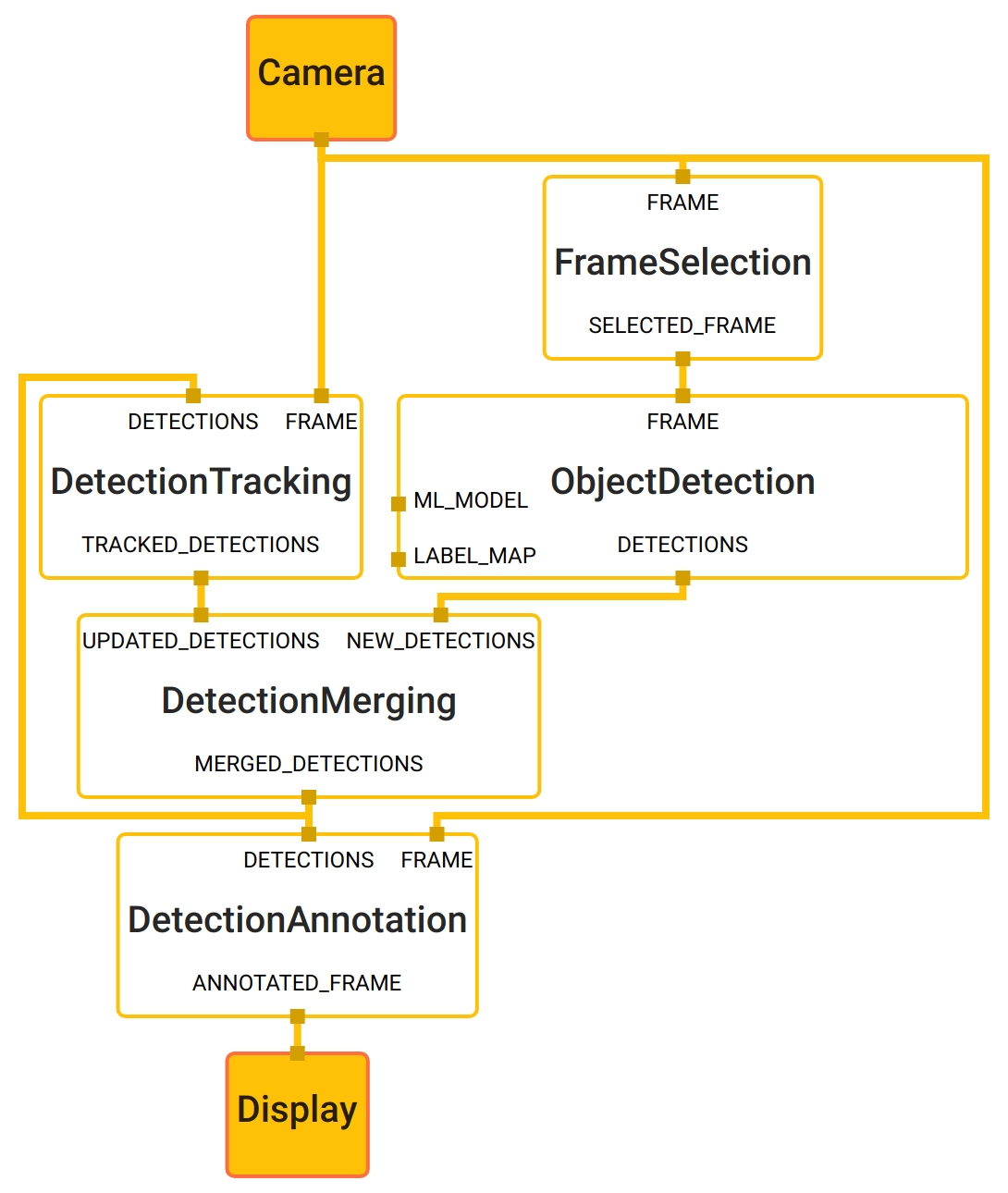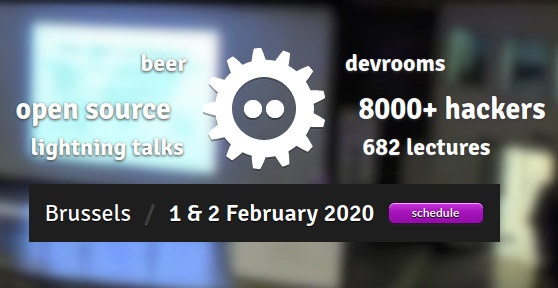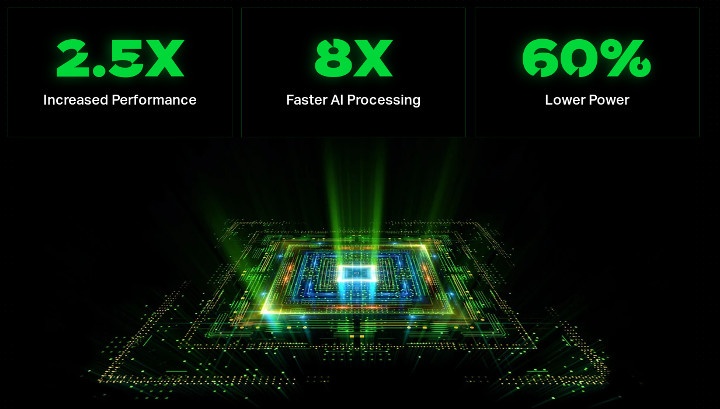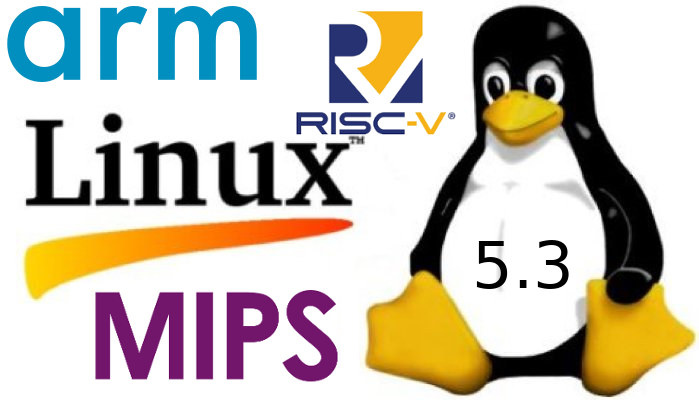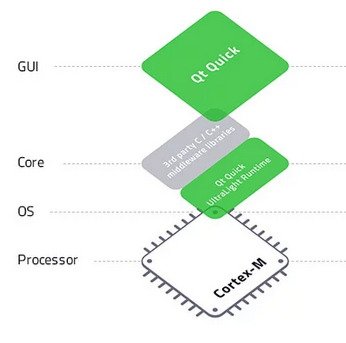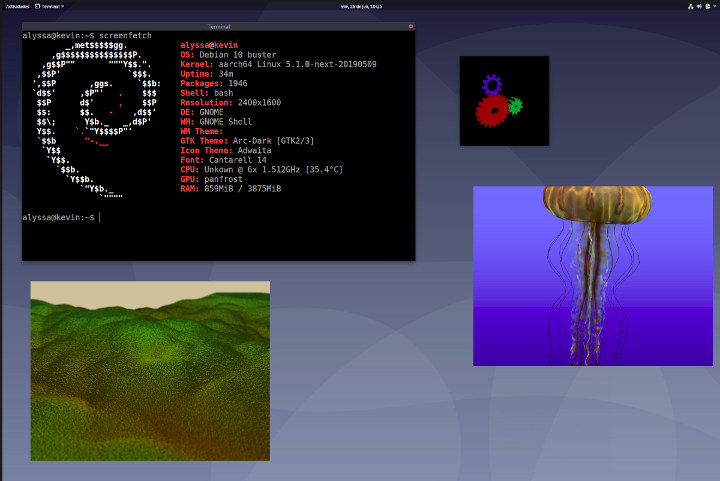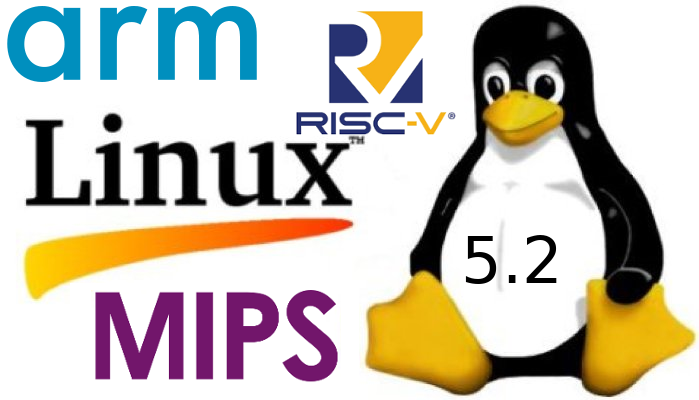Raspberry Pi 4 Model B 4 was launched last June with a new Broadcom BCM2711 SoC featuring an upgraded Videocore VI GPU supporting OpenGL ES 3.0 graphics API. Some drivers only implement a subset of OpenGL 3.0/3.1 3D graphics standard defined by the Khronos Group, and the good news is that Raspberry Pi 4 Model B is now OpenGL ES 3.1 conformant, as it passed all tests in Khronos conformance test suite. That means that any Linux programmed using OpenGL ES 3.1 API should work out of the box, although in some cases there may be issues/bugs that were not detected by the test suite. The Vulkan API is an evolution of OpenGL ES API that is meant to be more power-efficient as it better makes utilize of multi-core processors. The Raspberry Pi Foundation has also started working on Vulkan support for Raspberry Pi 4, and while the driver is […]
MediaPipe is an Open Source Perception Pipeline Framework Developed by Google
MediaPipe is an open-source perception pipeline framework introduced by Google, which helps to build multi-modal machine learning pipelines. A developer can build a prototype, without really getting into writing machine learning algorithms and models, by using existing components. This framework can be used for various vision & media processing applications (especially in VR) such as Object Detection, Face Detection, Hand Tacking, Multi-hand Tracking and Hair Segmentation. MediaPipe supports various hardware and operating system platforms such as Android, iOS & Linux by offering API’s in C++, Java, Objective-c, etc. And this framework also capable of utilizing GPU resources. MediaPipe Components The framework is comprised of three major components A framework for inference from the pipeline data Tools for evaluation And a collection of reusable inference and processing components It follows the approach of Graph-based frameworks in OpenCV and all processing happens with the context of the Graph. The Graph contains a […]
Some Interesting Talks from FOSDEM 2020 Schedule
We wrote about IoT devroom call for proposals for FOSDEM 2020 a little while ago, and as the free open-source developer meetup is getting closer, FOSDEM 2020 organizers released the schedule. So I’ll look at some of the talks in the relevant devrooms such as the Internet of Things, hardware enablement, Embedded, Mobile and Automotive, as well as RISC-V and others to compose my own little virtual schedule for the 2-day event. Saturday, February 1 10:30 – 10:50 – How lowRISC made its Ibex RISC-V CPU core faster – Using open source tools to improve an open-source core – by Greg Chadwick Ibex implements RISC-V 32-bit I/E MC M-Mode, U-Mode, and PMP. It uses an in-order 2 stage pipe and is best suited for area and power-sensitive rather than high-performance applications. However, there is scope for meaningful performance gains without major impact to power or area. This talk describes work […]
Imagination Unveils IMG A-Series GPU Designed For Everything from IoT to Mobile and Server
Imagination Technologies has just launched IMG A-Series GPU which they claim is “The GPU of Everything” and “The fastest GPU IP ever”. IMG A-Series can be customized and scaled for various applications & markets from automotive, AIoT, set-top box, mobile, and server. Compared to the company’s earlier PowerVR 9Series GPU, IMG A-Series GPU delivers 2.5 times more performance, eight times faster AI processor, and 60% less power while running complex content with the same process node, area, and under similar conditions. IMG A-Series GPU supports the latest API standards including OpenGL ES, Vulkan, OpenCL, and Imagination provides a Unified AI API for use in combination with PowerVR neural network accelerators. It also offers 5x performance density compared to the best current shipping PowerVR devices and supports PVRIC4 lossless or virtually-lossless compression guaranteeing a 50% bandwidth and footprint reduction. The new GPU also leverages HyperLane Technology with up to eight individual, […]
Linux 5.3 Release – Main Changes, Arm, MIPS & RISC-V Architectures
Linus Torvalds has just announced the release of Linux 5.3: So we’ve had a fairly quiet last week, but I think it was good that we ended up having that extra week and the final rc8. Even if the reason for that extra week was my travel schedule rather than any pending issues, we ended up having a few good fixes come in, including some for some bad btrfs behavior. Yeah, there’s some unnecessary noise in there too (like the speling fixes), but we also had several last-minute reverts for things that caused issues. One _particularly_ last-minute revert is the top-most commit (ignoring the version change itself) done just before the release, and while it’s very annoying, it’s perhaps also instructive. What’s instructive about it is that I reverted a commit that wasn’t actually buggy. In fact, it was doing exactly what it set out to do, and did it […]
Qt for MCUs – Qt Announces support for Microcontrollers
[Update August 24, 2019: Added information about expected release date and license] About Qt for MCUs Qt- The well known opensource toolkit for creating graphical interface announced their new release: Qt for MCUs, targeting MCU’s. The new graphical toolkit will be capable of running on devices without operating system. This may be a game changer in the entire MCU world, since Qt for MCUs allows developers to create fluid user interfaces on cost-effective micro controllers. This means we will be able to see smartphone like GUI’s which are running on low-end MCU’s with limited resources. With reference to their press release, assuring that Qt-GUI will consume less power to save the battery life. Qt for MCUs Software Stack While developing any applications for MCU, developers still can use their powerful declarative UI language QML and rich set of ready-made Qt Quick controls. And the C++ APIs, helps the user interface […]
Rock Pi 4 SBC Runs GNOME & KDE Plasma using Panfrost Open Source GPU Driver & Wayland
One of the highlights of Linux 5.2 release was support for two new Arm Mali GPU open-source drivers, namely Lima for Mali-4xx GPU, and Panfrost for the Midgard Mali-T6xx/7xx/8xx series, and the more recent Bifrost Mali-Gxx GPUs. Collabora worked on the release and was donated a few Rock Pi 4 boards from Radxa directly to work on the project. For those who are not familiar, Rock Pi 4 board is powered by a Rockchip RK3399 processor with a Mali-T860MP4 GPU that is supported by Panfrost open source GPU driver. The company managed to have Debian 10 Buster running on Rock Pi 4 using 3D graphics acceleration thanks to Panfrost drivers on both GNOME and KDE Plasma desktop environment, as well as Weston Wayland compositer. The good news is that you can build Rock Pi 4 images by yourself using Debos with the following commands:
|
1 2 3 |
git clone https://gitlab.collabora.com/rockpi/rockpi4 cd rockpi4 docker run --rm --interactive --tty --device /dev/kvm --workdir /recipes --mount "type=bind,source=$(pwd),destination=/recipes" --security-opt label=disable godebos/debos --scratchsize=8G rockpi4.yml |
Alternatively, you could directly download […]
Linux 5.2 Release – Main Changes, Arm, MIPS & RISC-V Architectures
Linus Torvalds announced the release of Linux 5.2 last Sunday: So I was somewhat pre-disposed towards making an rc8, simply because of my travels and being entirely off the internet for a few days last week, and with spotty internet for a few days before that [*]. But there really doesn’t seem to be any reason for another rc, since it’s been very quiet. Yes, I had a few pull requests since rc7, but they were all small, and I had many more that are for the upcoming merge window. Part of it may be due to the July 4th week, of course, but whatever – I’ll take the quiet week as a good sign. So despite a fairly late core revert, I don’t see any real reason for another week of rc, and so we have a v5.2 with the normal release timing. There’s no particular area that stands […]


